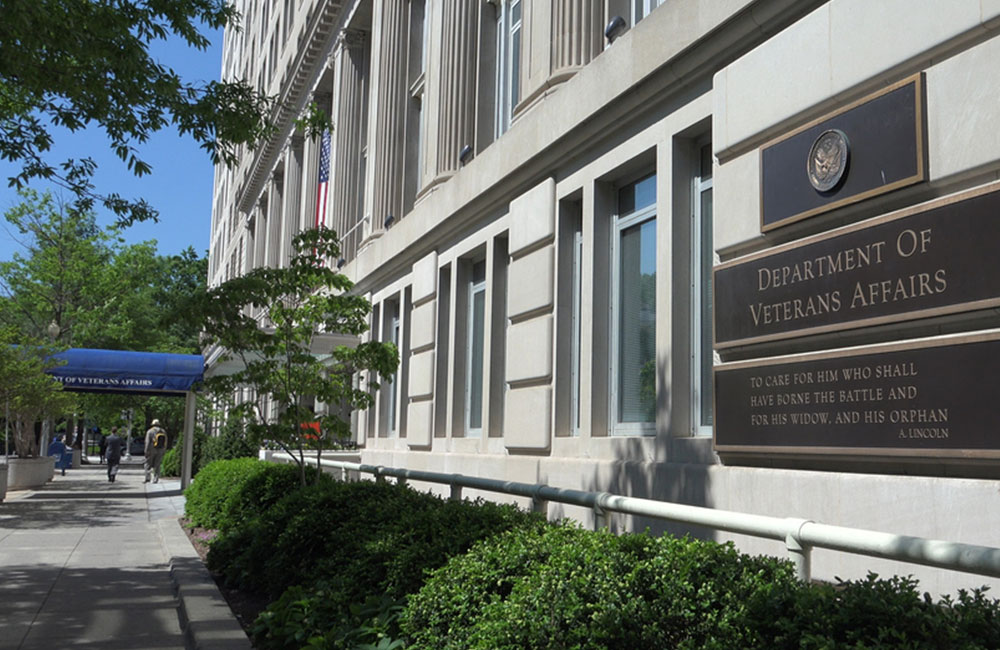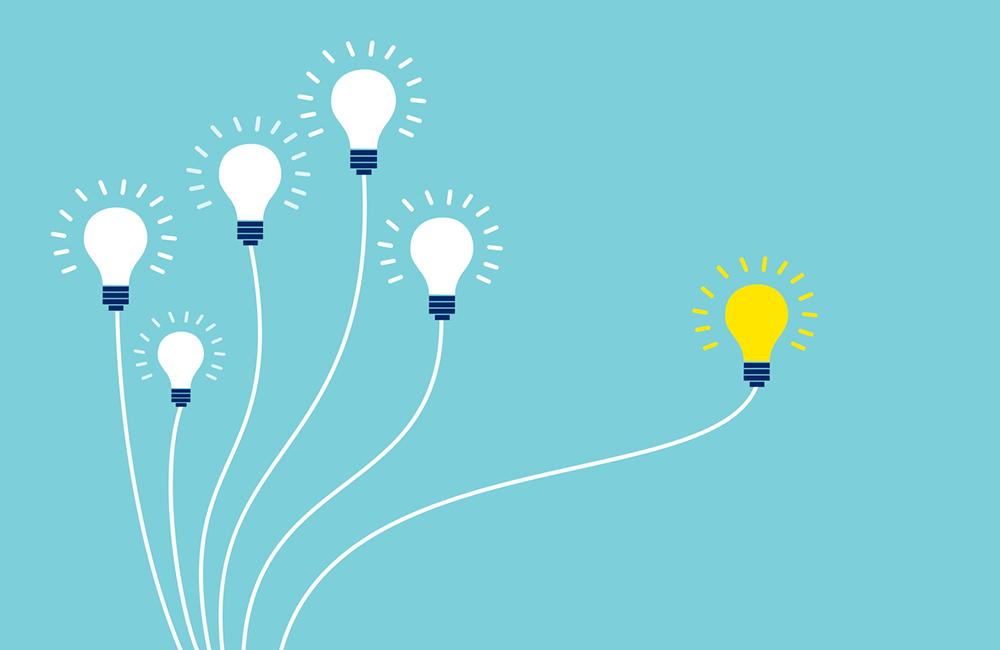Health Tech Leaders Turn to AI to Boost Mental Health Support
AI is critical piece of the future of mental health care, ultimately making mental health resources and tools more accessible for all.

Nationwide agencies and health care experts are relying on technology to provide an extra layer of mental health support to combat an unprecedented mental health crisis. According to the National Institute of Mental Health, more than 57 million American adults suffer from mental illness.
“Mental health is a growing concern across our system and we’re seeing increasing rates in every sector of health care,” Dr. Tina-Hernandez Boussard, associate dean of research and professor of medicine at Stanford University, told GovCIO Media & Research.
Dr. Boussard evaluates artificial intelligence technology for health care outcomes and is currently working to develop and analyze data to improve the diagnosis, treatment, and patient experience for those suffering with mental illnesses.
“A lot of patients go through mental health issues, and there is a big gap in the way we can identify these patients,” Boussard said, adding that patients facing cancer tend to struggle the most.
According to Boussard, patients suffering from life-threatening diseases such as cancer tend to deprioritize their mental health.
“We have developed an AI model to identify patients who communicate with their clinicians [their] concerns about mental health, so anxiety, depression, etc, during their treatment of cancer,” Boussard said.
But the technology doesn’t account for a lack of access to or communication with health care providers.
“We’re just looking at patients who actually have access to communicate with a provider, so I think there’s a greater need to think about how do we reach out and make these tools and reduce these barriers to the general population,” Boussard added.
Boussard said technology highlights the haves and the have nots in health care, especially around mental health. “The patients who have the resources, who have the skills to communicate, who have the computer literacy, have access to so many more tools and resources,” she said.
AI bias is still a threat, especially within uninsured populations. “It could be related to cultural differences; it can be related to language barriers and so, these algorithms don’t perform equally across all populations,” Boussard said.
At the agency level, Department of Health and Human Services’ Substance Abuse and Mental Health Services Administration (SAMHSA) is also taking advantage of the opportunities technology has created.
“AI technologies provide us great insight of user behavior and needs and assist SAMHSA to render appropriate content and offer new services in the mental health awareness and substance abuse areas,” Ashu Goel, SAMHSA’s CIO, told GovCIO Media & Research in an interview.
Currently, SAMHSA is working to implement chatbot, a virtual assistant. “This is intended to help people find answers to their needs on requests pertaining to mental health, and substance use addiction crises. It will continually learn and improve the way it provides guidance to people in English and Spanish,” Goel said.
More recently, a joint effort between SAMHSA and the Centers for Medicare & Medicaid Services (CMS) launched FindSupport.gov, a new website aiming to provide the public with tools and guidance to expand mental health resources.
“For the first time, the public will have access to easy-to-understand, publicly managed information about how to seek out and access supports and services for mental health and substance use. I encourage everyone to visit findsupport.gov today whether you’re seeking information for yourselves or those close to you,” Goel said.
Ensuring those with mental health issues have access to resources to address the health and addiction crises is central to SAMHSA’s mission, but the technological tools are not a replacement to meeting with a provider or an in-person experience.
“The purpose of this site is information only. It is not intended to replace professional or in-person resources for mental health diagnosis or advice of any kind,” Goel added.
Boussard also believes AI solutions can’t be autonomous, “I really like when there’s a human in the loop or the clinician in the loop,” she said, adding that technology is outpacing mental health providers.
“Hundreds, if not thousands of tools are available for mental health but identifying the right tool for the right patient or the right tool for the right population, identifying how we disseminate that across the broader communities is more of a blockage than the technology itself,” she said.
This is a carousel with manually rotating slides. Use Next and Previous buttons to navigate or jump to a slide with the slide dots
-

White House Science Chief: US-Driven AI Sets Global Standards
Michael Kratsios outlined how American AI technology on the global stage will help standardize the tech and counter China’s influence.
5m read -

Modernizing Critical Infrastructure in the Face of Global Threats
Officials are expanding the latest strategies in boosting defense infrastructure, including securing satellite communications, upgrading enterprise-wide technology, optimizing data management.
20m watch -

Trump AI Orders Call for Speed in Building Infrastructure
The directives call for expanding AI infrastructure, streamlining federal permitting and promoting AI exports.
4m read -

DOD Accelerates Software Modernization with Agile DevSecOps Push
The Pentagon's software implementation plan tackles cultural hurdles and integrates security early to deliver critical capabilities faster.
6m read -

White House Unveils AI Action Plan to Secure Global Dominance
The strategy outlines steps to accelerate private sector innovation, build critical infrastructure and advance U.S. leadership in AI policy and security.
3m read -

VA's Platform One Powers Rapid Innovation to Bolster Digital Services
VA's Platform One accelerates software development timelines from weeks to hours, ultimately enhancing digital services for veterans.
5m read -

Opinion: Original Intelligence Is the Missing Piece for AI Transformation
Limitations of AI agents and development drive growing needs for workforce development and "original intelligence."
3m read -

Pentagon's $200M AI Contracts Signal Broader Effort to Transform Talent
The Army is leveraging Silicon Valley, reservist programs and new hiring strategies to integrate critical digital skills in its ranks.
5m read -

AI Foundations Driving Government Efficiency
Federal agencies are modernizing systems, managing risk and building trust to scale responsible AI and drive government efficiency.
43m watch -

Agencies Tackle Infrastructure Challenges to Drive AI Adoption
Federal agencies are rethinking data strategies and IT modernization to drive mission impact and operational efficiency as new presidential directives guide next steps.
5m read Partner Content -

Generative AI Demands Federal Workforce Readiness, Officials Say
NASA and DOI outline new generative AI use cases and stress that successful AI adoption depends on strong change management.
6m read -

The Next AI Wave Requires Stronger Cyber Defenses, Data Management
IT officials warn of new vulnerabilities posed by AI as agencies continue to leverage the tech to boost operational efficiency.
5m read




